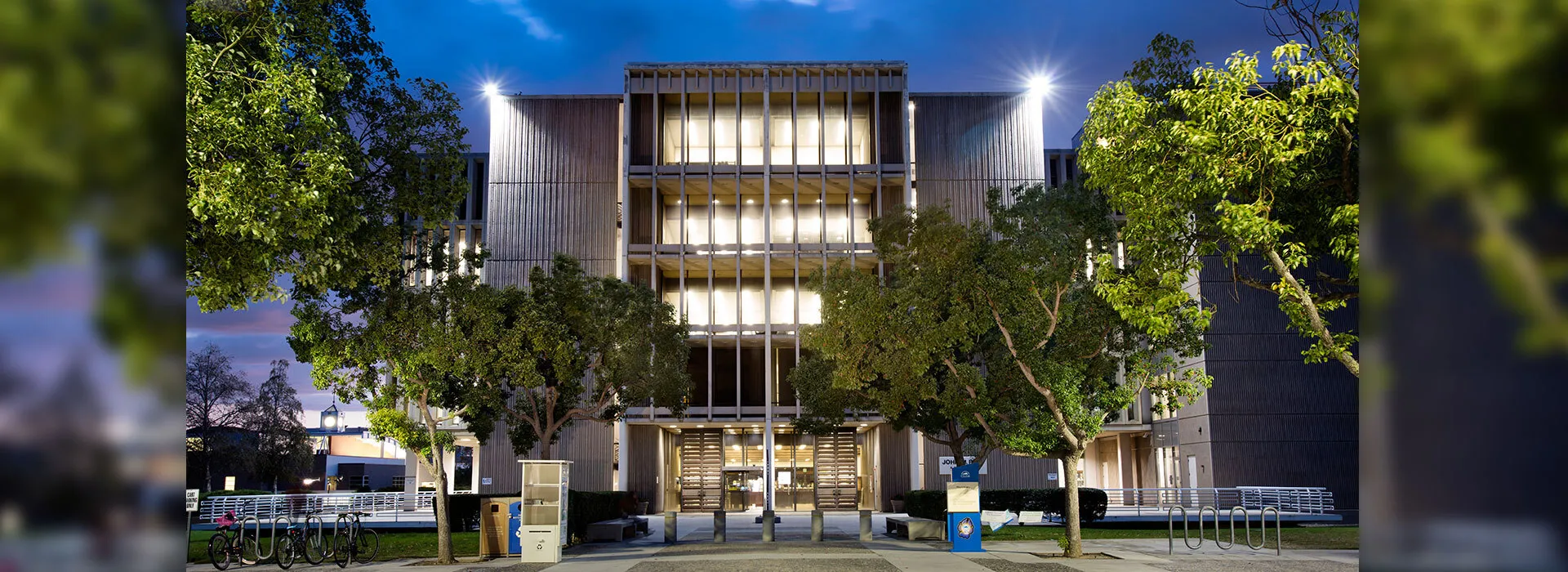
The forces that helped shape modern Chinese politics of today will be the topic of the next Modern China Lecture on Tuesday, May 17, at Cal State San Bernardino.
Xiaowei Zheng, an assistant professor of history from the University of California, Santa Barbara, will present “The 1911 Revolution and the Making of Modern Chinese Politics.” The free talk will be from noon-2 p.m. in the university’s John M. Pfau Library, room PL-4005. Parking at the university is $6.
After many generations under imperial rule, the 1911 Revolution led to the overthrow of China’s last imperial dynasty and China today declares itself a republic.
From 1912 onward, notwithstanding political turmoil, assassinations, factionalism, civil wars, invasions and revolutions, the polity of China has remained, at least in name, republican. Election of the head of state has always been nominally by the people, and the basis of sovereignty always the popular will of the nation.
However, despite that fact that 11 central government constitutions and constitutional drafts were written between 1908 and 1982, China has never attained constitutionalism.
In this talk, Zheng argues that the 1911 Revolution was a political transformation wrought by a vanguard of new ideas. During the revolutionary process, a new, democratic culture was created, establishing popular sovereignty and republicanism as indisputable political principles. At the same time the concepts of “separation of powers” and “limited government” — the tenets of Western constitutionalism — were never implemented in any serious fashion; impassioned public opinion rather than careful institutional design became the main mechanism for realizing political change.
Zheng, who earned her Ph.D. from the University of California, San Diego, teaches history and East Asian Languages and Cultures at UC Santa Barbara. Her research interests include the history of China’s Qing dynasty and early republican political culture, with an emphasis on the emergence of popular nationalism.
She is the author of “The Politics of Rights and the 1911 Revolution in China,” which will be published this year by Stanford University Press.
The Modern China Lecture Series was initiated to promote awareness of important issues related to China for those on the CSUSB campus and in the community. In the series of more than 20 lectures, workshops, and roundtable forums since January 2014, China scholars from UC San Diego, UC Riverside, the Claremont Colleges, UCLA, USC and other institutions have visited the CSUSB campus to share their expertise and opinions.
Speakers have included specialists in history, economics, political science, philosophy, finance, security studies, literature, anthropology and other fields.
The Modern China Lecture Series is sponsored by the CSUSB History Club/Phi Alpha Theta Chapter, the CSUSB Department of History, the Intellectual Life Fund, the College of Social and Behavioral Sciences, the College of Extended Learning, the John M. Pfau Library, the College of Business and Public Administration, the departments of sociology and anthropology, and the University Diversity Committee.
For more information on the May 17 event or the Modern China Lecture Series, contact Jeremy Murray, assistant professor of history, at (909) 537-5540 or jmurray@csusb.edu.
About California State University, San Bernardino: Set in the foothills of the beautiful San Bernardino Mountains, CSUSB is a preeminent center of intellectual and cultural activity in inland Southern California. Celebrating its 50thanniversary in 2015-2016, CSUSB serves more than 20,000 students each year and graduates about 4,000 students annually. For more information about Cal State San Bernardino, contact the university’s Office of Strategic Communication at (909) 537-5007 and visit news.csusb.edu.